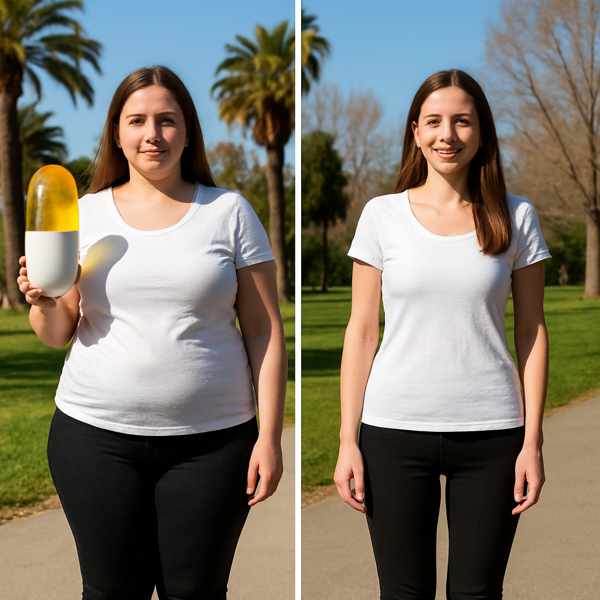Does Vitamin D Help with Weight Loss?
Does Vitamin D Help with Weight Loss?
Blog Article

With growing interest in natural ways to support fat loss, vitamin D has become a popular topic of research and conversation.
Let’s explore the science, potential benefits, and how vitamin D may — or may not — affect your weight loss journey.
What Is Vitamin D?
Vitamin D is a fat-soluble vitamin that the body produces when the skin is exposed to sunlight.
It helps with:
- Calcium absorption
- Immune system regulation
- Mood balance and brain health
- Contributes to physical performance
Is There a Connection Between Vitamin D and Weight?
Obese individuals are more likely to be vitamin D deficient.
Some research suggests:
- Vitamin D may influence fat metabolism
- It might reduce inflammation
- Helps people stay consistent with workouts
- Can help manage blood sugar and appetite
Scientific Evidence and Limitations
- A study in 2014 found that overweight women who took vitamin D lost more fat than those who didn’t supplement.
- does vitamin d3 and k2 help with weight loss Another review showed vitamin D helped improve metabolic markers related to weight control.
- Some trials show no major impact on weight loss unless deficiency was corrected first.
While promising, the evidence is not yet strong enough to say vitamin D alone causes weight loss.
Who Might Benefit Most?
People most likely to benefit from vitamin D supplementation include:
- Those who are deficient or low in vitamin D
- Individuals with obesity or metabolic syndrome
- People with mood or energy issues
- Indoor lifestyles can contribute to deficiency
Supplementing Safely and Effectively
Ways to get more vitamin D:
- Sun exposure
- Include vitamin D-rich options in your diet
- Vitamin D3 supplements
Tips:
- Too much vitamin D can be harmful
- Check with a doctor before starting
- These nutrients work together for full benefits
Does Vitamin D Alone Cause Weight Loss?
It may support fat loss indirectly, but it works best when combined with healthy habits.
For best results:
- Eat a balanced diet
- Exercise improves fat metabolism and energy levels
- Sleep affects hormones that regulate appetite
- Cortisol can cause fat storage if left unchecked
Final Thoughts
Vitamin D may not melt fat overnight, but it plays a complementary role in a successful weight loss strategy.
Combine smart nutrition, movement, and lifestyle habits to reach your goals — with vitamin D as a helpful ally. Report this page